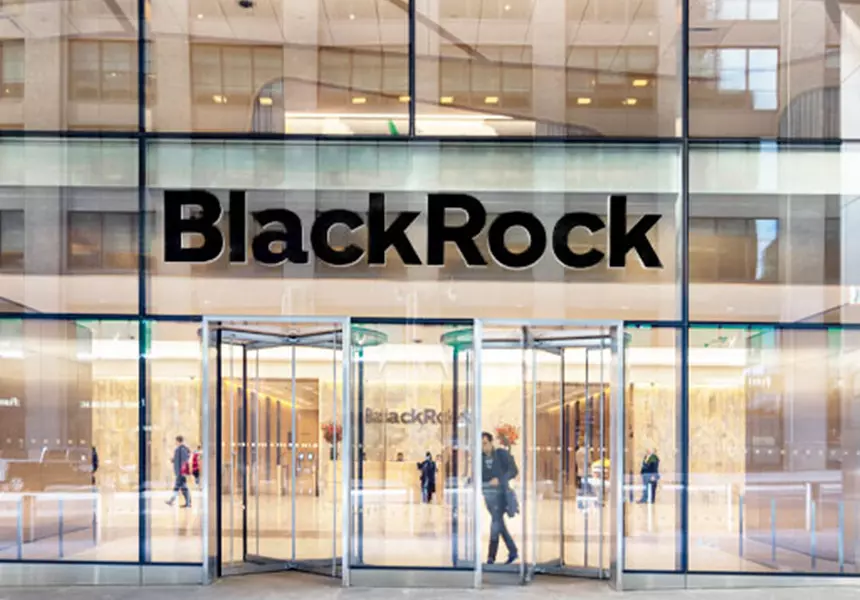Few people in the finance world do not know who Larry Fink is—one could argue nobody. But his journey from a middle-class family in Los Angeles to the helm of BlackRock, the world’s largest asset manager firm, is not as famous. Given his importance to the private equity and venture capital industries, and due to his contributions to the markets in general, this man is worth a short biography.
Born in 1952, Fink grew up between his father’s shoe store and his mother’s role as an English professor. He earned both his BA in political science and MBA from University of California (UCLA), not knowing yet that those would groundwork for his future in finance.
World Economic Forum
Fink began his career at The First Boston Corporation, where he became a pioneer in mortgage-backed securities. However, a misstep in 1986 led to a $100 million loss, profoundly influencing his approach to risk management. Determined to create a firm that prioritized rigorous risk assessment, Fink co-founded BlackRock in 1988 with seven partners. Initially part of The Blackstone Group, BlackRock became independent in 1994 and went public in 1999.
Under Fink’s leadership, BlackRock expanded through strategic acquisitions. The 2006 purchase of Merrill Lynch and the 2009 acquisition of Barclays, which included the iShares ETF business, were pivotal in establishing BlackRock’s dominance in asset management. Today, the firm is worth around $130 billion, listed on the New York Stock Exchange (NYSE), with assets under management (AUM) reaching over $11.6 trillion.
Fink’s expertise was particularly evident during financial crises. In 2008, BlackRock advised the US government on managing distressed assets, playing a crucial role in stabilizing the financial system. Similarly, during the COVID-19 pandemic in 2020, the Federal Reserve (Fed) enlisted BlackRock’s assistance to support the economy.
Controversies and succession
A proponent of sustainable investing, Fink has consistently emphasized the importance of environmental, social, and governance (ESG) factors. In one of his letters to CEOs, he asserted that companies must contribute to society to achieve long-term success. This stance has positioned BlackRock as a leader in responsible investing.
This, among other statements, has put a political target on his back. Some conservatives have labeled him as promoting a “woke” agenda due to his ESG advocacy, while certain liberals argue that BlackRock’s efforts are insufficient. Fink has responded by reiterating that BlackRock’s primary commitment is to its clients’ interests.
At 72, Fink’s succession planning has garnered attention. While potential successors have been identified, many believe Fink will maintain a significant role within BlackRock, reflecting his deep connection to the firm he built.
Larry Fink’s influence on global finance is undeniable. Through strategic vision, adept crisis management, and a commitment to sustainable investing, he has shaped BlackRock into a financial powerhouse, leaving an indelible mark on the industry.
